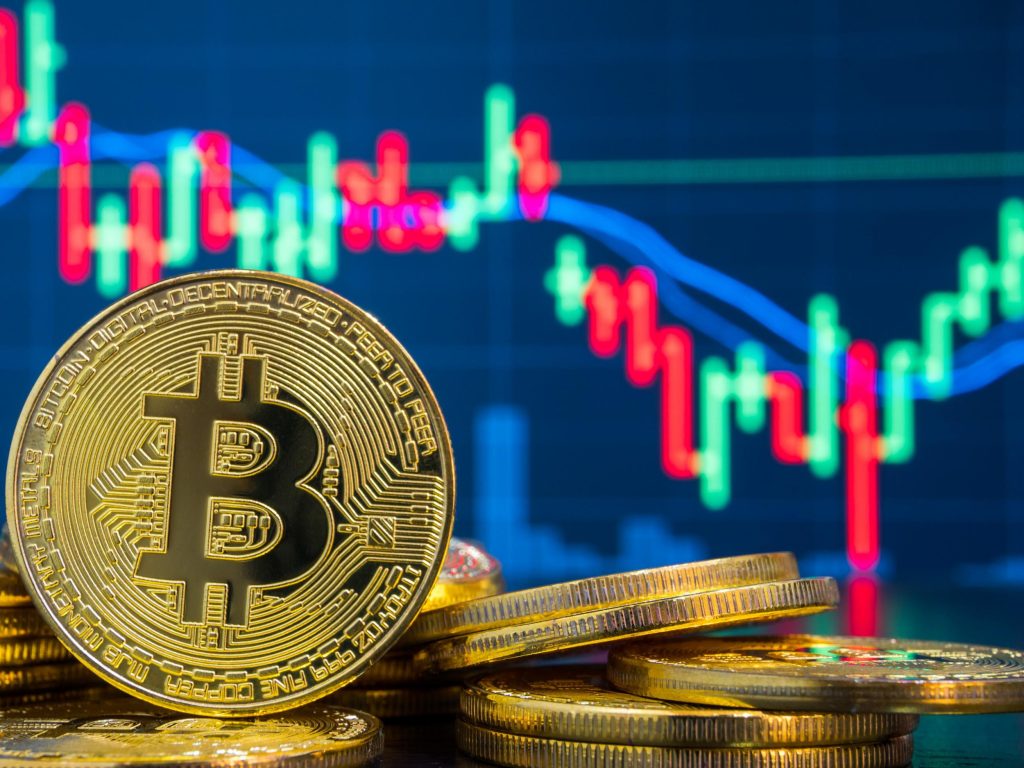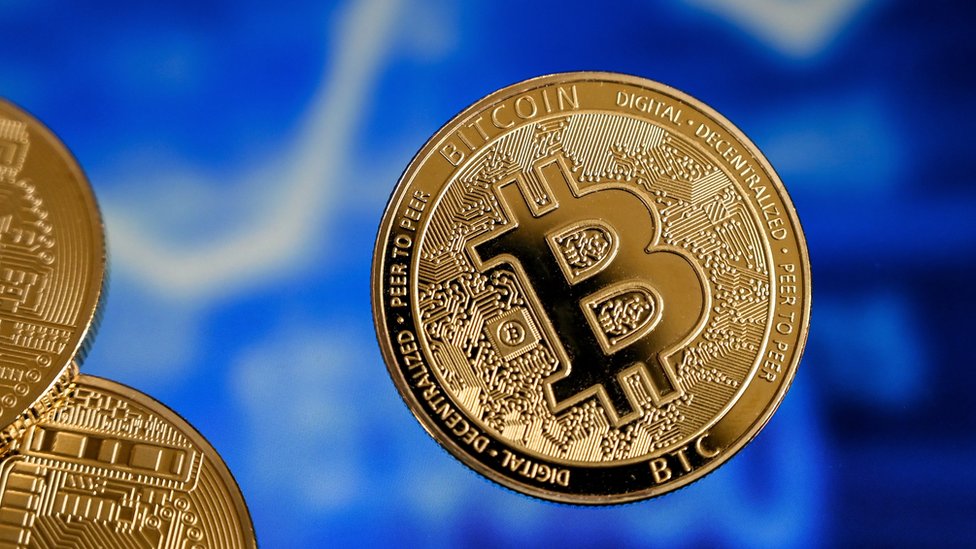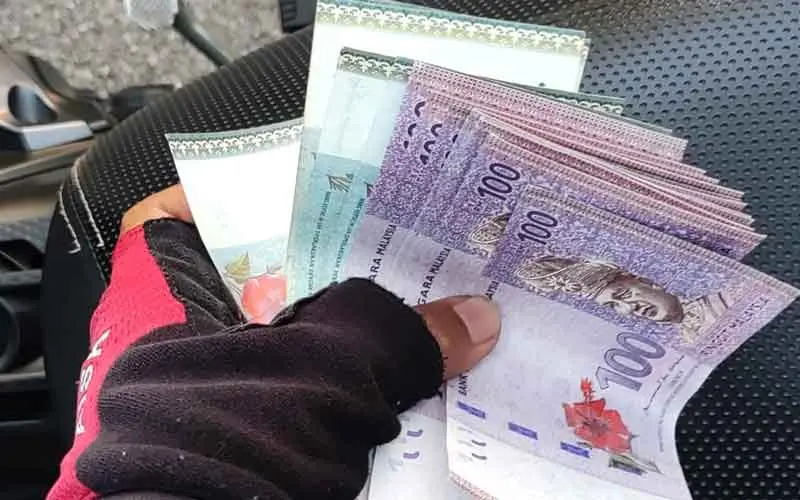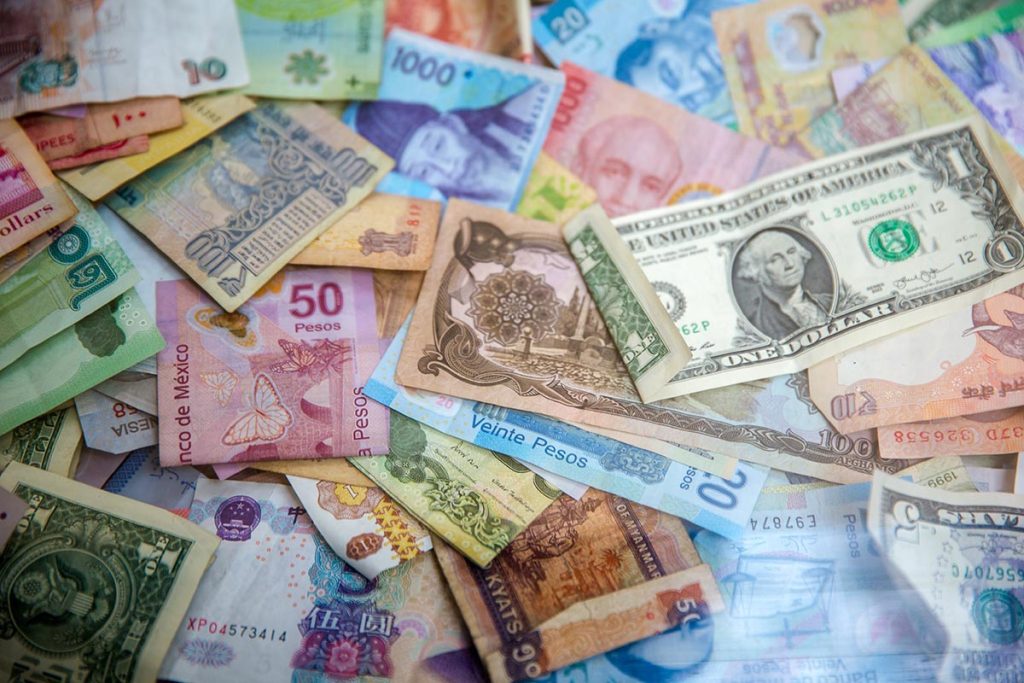In recent years, the rapid growth of cryptocurrencies has brought significant attention to the potential risks and vulnerabilities associated with digital assets. As the number of cyberattacks targeting cryptocurrency platforms increases, the industry has had to evolve its security technologies to prevent breaches, protect users, and maintain the integrity of the digital economy. The rise in cyberattacks can be attributed to the increasing value of cryptocurrencies, the pseudonymous nature of transactions, and the decentralization of the platforms, which create opportunities for malicious actors to exploit vulnerabilities. One of the key areas where cryptocurrency security has evolved is in the use of advanced cryptographic techniques. Multi-signature wallets, which require multiple keys to authorize a transaction, provide an additional layer of protection against unauthorized access. This technology ensures that even if a hacker gains access to one key, they would still need others to complete a transaction, making it significantly harder to steal funds.

Another critical aspect of the security landscape is the implementation of hardware wallets and cold storage solutions. Hardware wallets store private keys offline, disconnected from the internet, minimizing the risk of them being stolen by hackers. Cold storage is particularly popular among cryptocurrency exchanges and institutional investors who need to protect large sums of digital assets. These wallets are considered among the safest methods of securing cryptocurrencies, as they are not vulnerable to online attacks such as phishing, malware, or hacking attempts. However, bitcoin news the challenge lies in ensuring that users properly manage their hardware wallets, as losing access to the physical device or private keys can result in permanent loss of funds. Blockchain networks are also evolving to combat cyber threats. Many blockchain platforms now use proof-of-stake PoS and other consensus mechanisms that aim to increase security and scalability while reducing the environmental impact associated with proof-of-work PoW.
PoS, for example, relies on validators who lock up a portion of their cryptocurrency as collateral, making it economically expensive and risky for them to participate in malicious activities such as double-spending or attacking the network. This system incentivizes honest behavior, as the validators stand to lose their staked assets if they are caught trying to compromise the network. Smart contract security has also seen major advancements. The rise of decentralized finance DeFi platforms has led to an increased focus on ensuring the integrity of smart contracts, which are self-executing contracts with the terms of the agreement directly written into code. Security auditing and formal verification techniques have become more common to detect vulnerabilities before they can be exploited. Despite these efforts, smart contracts remain a prime target for attackers, who often exploit coding errors, vulnerabilities, or logic flaws within the contract to siphon funds from users.






